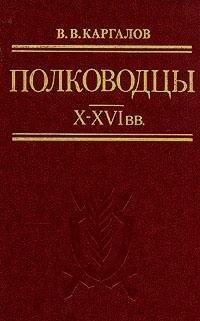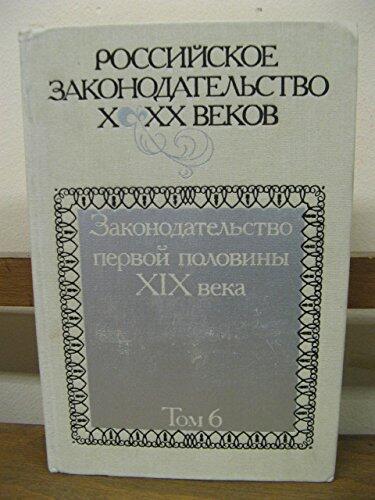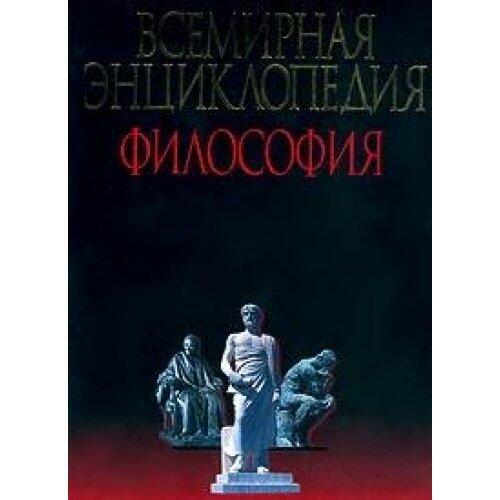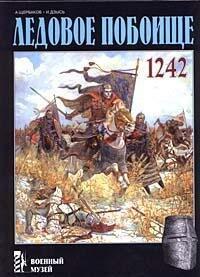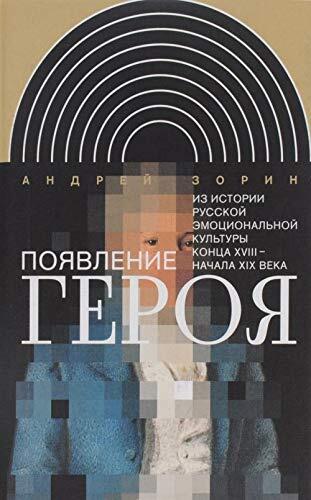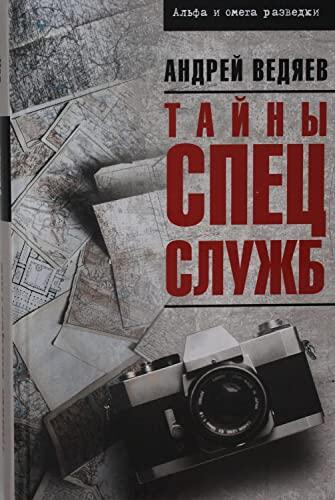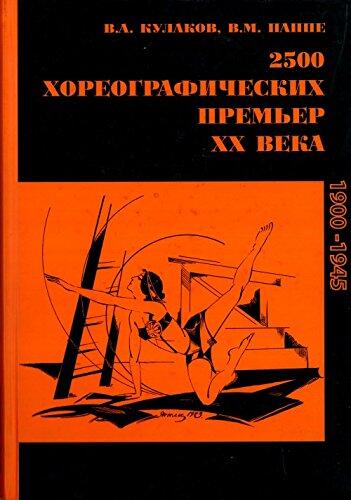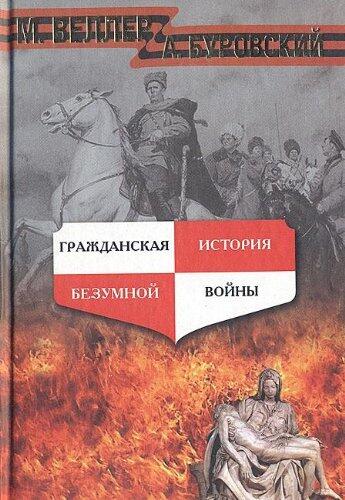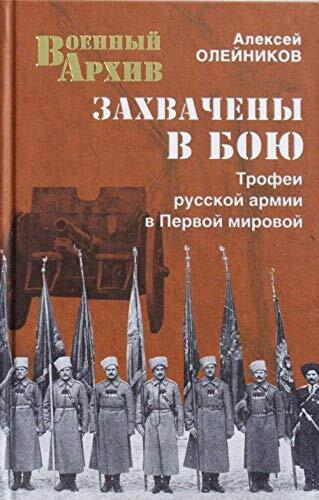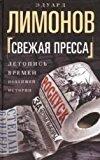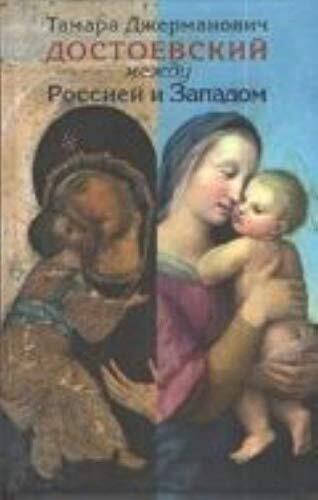
Dostoevskiy mezhdu Rossiey i Zapadom
由
Dzhermanovich Tamara
还没有评分
History
Philosophy
格式
精装书
页数
352
语言
俄语
已发布
Jan 1, 2013
出版商
Tsentr knigi Rudomino
ISBN-10
590562674X
ISBN-13
9785905626746
描述
In this exploration of the literary giant Fyodor Dostoevsky, the author delves into the complex interplay between Russian and Western influences that shaped his works. Through a nuanced examination of Dostoevsky's life and writings, readers are invited to understand how the tensions between these two cultural spheres impacted his philosophical outlook and artistic expression.
The narrative traverses Dostoevsky's tumultuous experiences, including arrests and exiles, shedding light on how these events informed his views on morality, suffering, and redemption. Dzhermanovich artfully connects Dostoevsky's reflections on existential dilemmas with the broader socio-political contexts of 19th-century Russia and Europe, creating a rich tapestry that highlights the paradoxes inherent in his thought.
As readers journey through this analysis, they encounter a deeper understanding of how Dostoevsky engaged with Western philosophical ideas while simultaneously grappling with the distinct challenges of his homeland. This dichotomy offers a compelling lens through which to examine not only Dostoevsky's literature but also the cultural conflicts that continue to resonate today.
Ultimately, the work serves both as a tribute to a literary master and an insightful commentary on the enduring relevance of his ideas, inviting readers to reflect on the universal struggles of the human condition that transcend geographic and temporal boundaries.
The narrative traverses Dostoevsky's tumultuous experiences, including arrests and exiles, shedding light on how these events informed his views on morality, suffering, and redemption. Dzhermanovich artfully connects Dostoevsky's reflections on existential dilemmas with the broader socio-political contexts of 19th-century Russia and Europe, creating a rich tapestry that highlights the paradoxes inherent in his thought.
As readers journey through this analysis, they encounter a deeper understanding of how Dostoevsky engaged with Western philosophical ideas while simultaneously grappling with the distinct challenges of his homeland. This dichotomy offers a compelling lens through which to examine not only Dostoevsky's literature but also the cultural conflicts that continue to resonate today.
Ultimately, the work serves both as a tribute to a literary master and an insightful commentary on the enduring relevance of his ideas, inviting readers to reflect on the universal struggles of the human condition that transcend geographic and temporal boundaries.

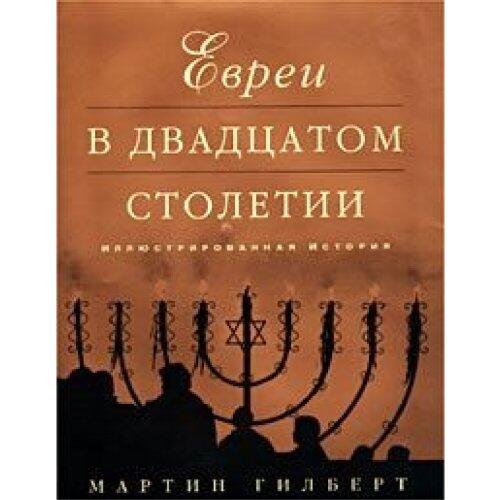

![Narody Kavkaza I Krasnaia Armiia. 1918-1945 Gody: [the Peoples Of The Caucasus And The Red Army. 1918-1945: ]](https://images.bookpine.com/41982fbe-22d8-4dca-a357-90cb40a237b6.jpg)
